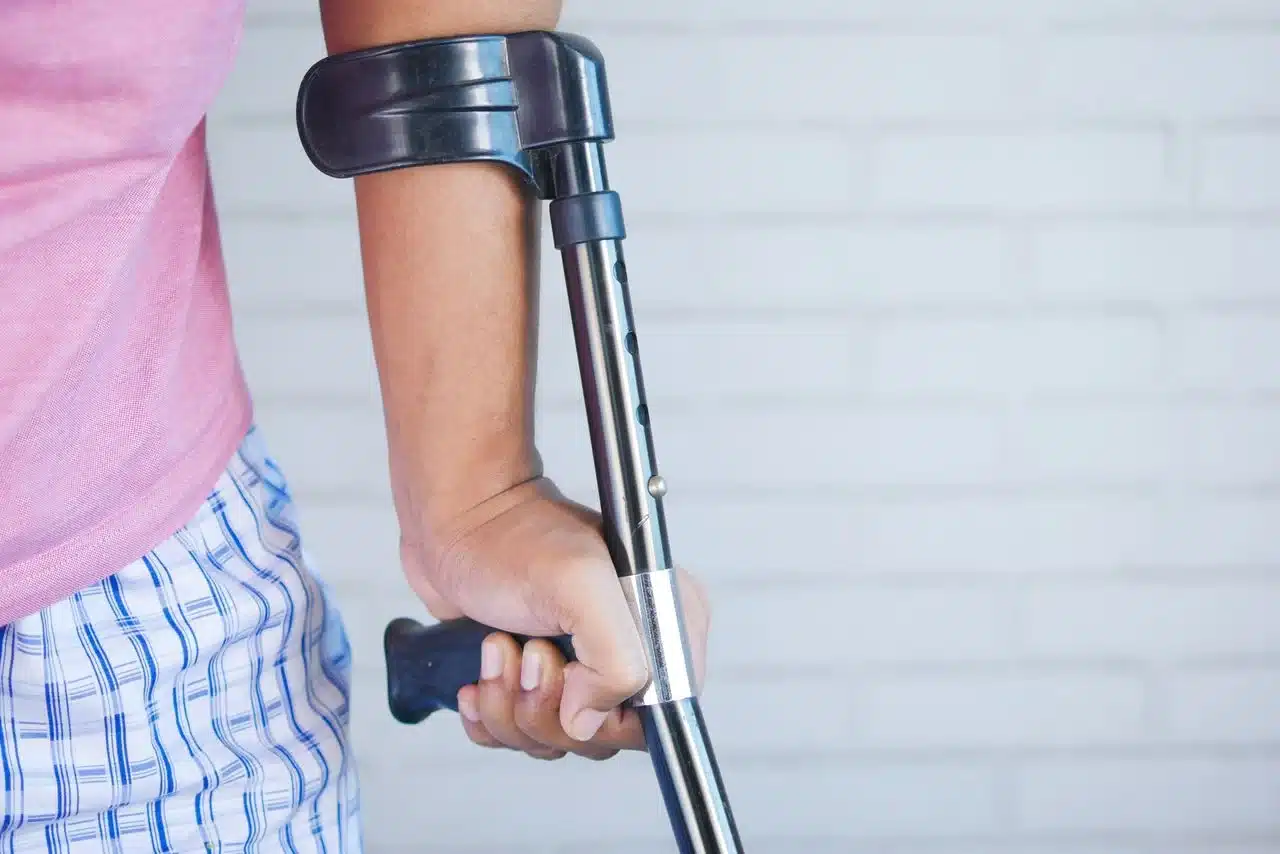On the Road: What to Do After a Bus Accident in Florida

Being involved in a bus accident can be a frightening and traumatic experience. Whether you were a passenger on the bus, a pedestrian, or another motorist, it’s essential to know what steps to take after such an incident occurs. In this article, we’ll guide you through the necessary actions to consider after a bus accident in Florida.
Ensure Safety First
- Check for Injuries: The safety and well-being of all parties involved should be the top priority. Check yourself and others for injuries and call 911 if anyone requires medical attention.
- Move to a Safe Location: If it’s safe to do so, move away from the accident scene to avoid further danger, especially if the accident occurred on a busy roadway.
Gather Information
- Exchange Information: Exchange contact and insurance information with the bus driver, other drivers, and witnesses. Note the bus’s identification number, license plate, and the company it belongs to.
- Document the Scene: Take pictures of the accident scene, including damage to vehicles, road conditions, traffic signals, and any visible injuries.
- File a Police Report: Contact law enforcement to report the accident. A police report will provide an official record of the incident.
Seek Medical Attention
- Get a Medical Evaluation: Even if you feel fine initially, it’s crucial to see a doctor for a thorough evaluation. Some injuries may not manifest immediately but could become serious later.
Legal Considerations
- Contact an Attorney: If you’ve been injured in the bus accident, consult with a personal injury attorney experienced in handling bus accident cases. They can help protect your rights and pursue compensation for medical expenses, lost wages, and pain and suffering.
- Preserve Evidence: Preserve all evidence related to the accident, including medical records, accident reports, photographs, and any correspondence with insurance companies.
Dealing with Insurance
- Notify Your Insurance Company: Report the accident to your insurance company promptly, even if you were not at fault. Be cautious when speaking with the other party’s insurance, and avoid admitting fault.
- Consult an Attorney Before Settlement: Avoid settling with the insurance company without first consulting with an attorney. They can help determine if the offer is fair and represents the full extent of your damages.
Understanding Liability
- Determining Fault: Liability in bus accidents can be complex, involving multiple parties such as the bus driver, bus company, and other drivers. Your attorney will help determine who is at fault.
- Government Entities: If the bus is operated by a government entity, special rules and deadlines may apply. Consult an attorney to navigate these unique cases.
Stay Informed
- Follow Medical Advice: Attend all medical appointments and follow your doctor’s advice for treatment and recovery.
- Legal Process: Be prepared for a potentially lengthy legal process. Your attorney will guide you through each step and help you understand what to expect.
Conclusion
Remember that each bus accident case is unique, and seeking professional legal counsel is essential to protect your rights and pursue the compensation you deserve. By taking the right steps after a bus accident, you can ensure your safety, gather crucial evidence, and navigate the legal process effectively.
